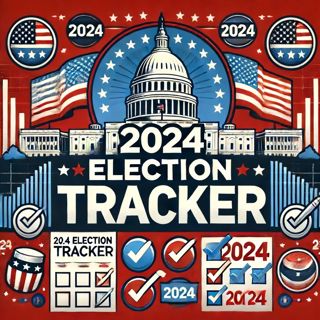
"Navigating the 2024 Election: Educators Steer Classrooms through Polarized Politics"
Om episode
As the 2024 presidential election approaches, the topic is seizing not only the attention of voters and media but also that of educational circles, particularly among social studies instructors. The debate among educators is not about the importance of the election itself but rather how to integrate this significant civic event into their syllabi. With today’s polarized political climate, teaching about elections can seem like navigating a field strewn with potential verbal landmines.Engaging students in the electoral process is crucial, yet it requires sensitive handling to ensure discussions remain educational and do not devolve into divisiveness. Teachers face the challenge of presenting material in a way that is unbiased and inclusive, fostering a classroom environment where students feel safe to express diverse opinions. This educational opportunity allows students to understand the electoral process, comprehend major national and international issues, and recognize the importance of their voice and vote.Moreover, selecting a presidential candidate running mate isn't the only pivotal decision pending in political spheres, as highlighted by POLITICO's report on the upcoming strategic decisions by Vice President Kamala Harris. Such developments provide fresh material for classroom debates and can help illustrate the complexities of political campaigns and the far-reaching impact of these decisions.For those reaching voting age, practical voter education is also vital. For instance, the specifics around voter registration, as detailed for Illinois residents, serves as an excellent case study for teachers. With online registration for the November 2024 presidential election closing on October 20, educators have a specific timeline to work with students, many of whom may be first-time voters. They can explain the steps involved in voter registration and discuss the importance of meeting registration deadlines to participate in elections.Hence, the approach to teaching about the 2024 election can indeed be both a monumental learning opportunity and a challenging endeavor. The goal for educators is to use the election as a tool to enhance students' understanding of democracy and inspire active, informed citizenship. This involves not only teaching about the election process but also about the critical issues at stake in the election, and how these issues affect both national and global landscapes. Teachers have the task of crafting lessons that connect these vast themes with the everyday lives of students, making the learning both relevant and impactful. This educational approach will not only illuminate the mechanics of political elections but also embolden a new generation to take part in shaping their futures through the power of the vote.
